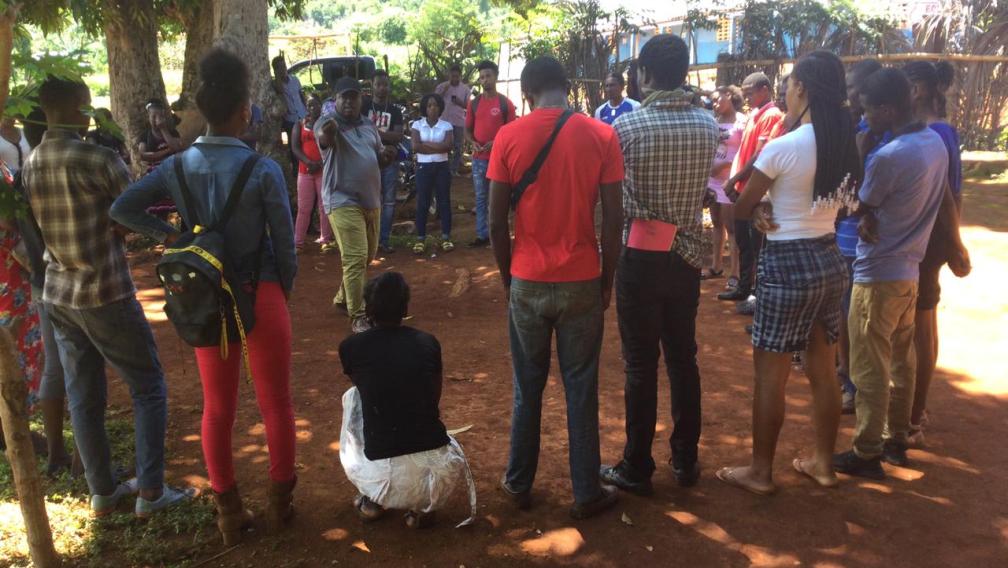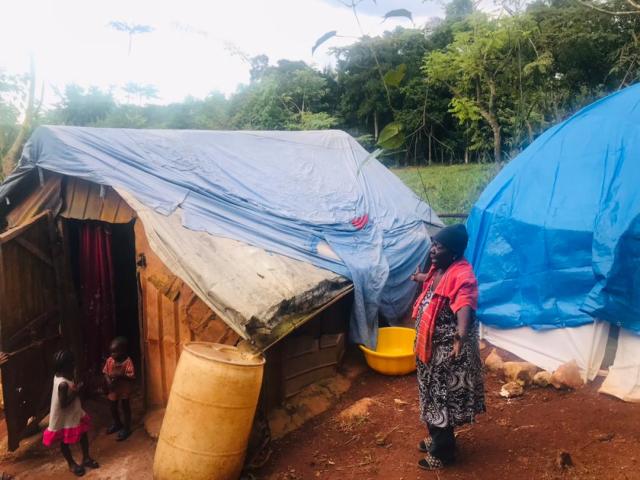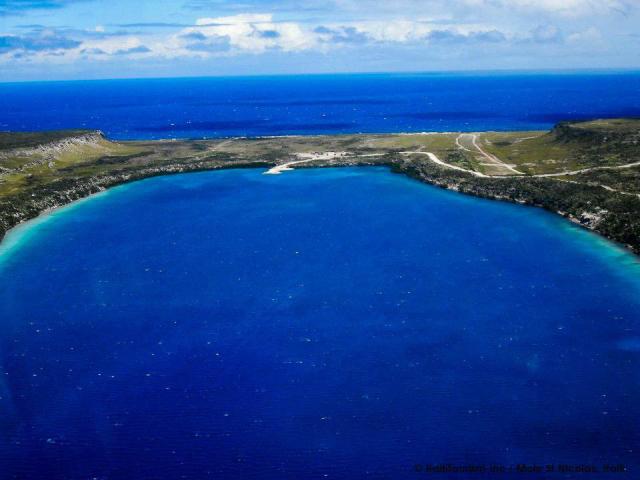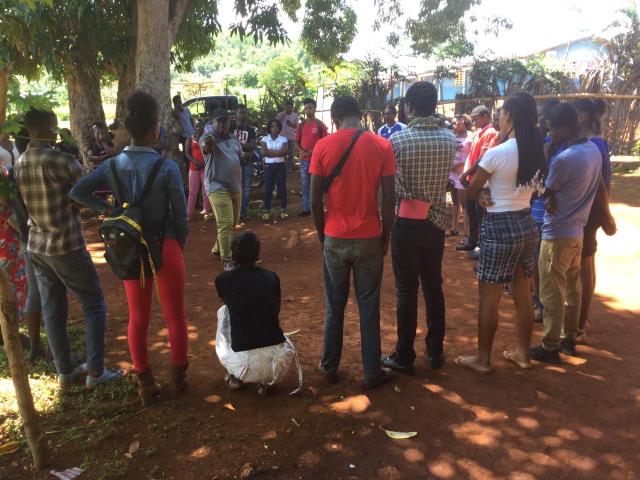Growing up in Haiti, I witnessed first-hand the importance of community in rural areas and the collective response of neighbors to help those in need. It is this deep-rooted tradition of men anpil chay pa lou (many hands make the load lighter) that serves as the foundation for Episcopal Relief & Development’s coordinated response to the 2021 earthquake that left 650,000 people in need of emergency humanitarian assistance. With the generous support of Trinity Church Wall Street, Episcopal Relief & Development and its implementing partners provided food, medical care, and emotional support to households in hard-to-reach communities in the Sud, Nippes, and Grand'Anse departments of Haiti and are investing in strengthening community disaster response and resilience to weather future shocks.
I loved visiting my grandparents in Môle-Saint-Nicolas, at the extreme northwest tip of the country’s northern arm. I admired the sense of community and the time spent with my grandfather learning life lessons through Haitian proverbs. In the summer, I left my home in the buoyant and densely populated Port-au-Prince on a 200-kilometer drive to Môle-Saint-Nicolas through a sunbaked semi-desert of ancient rolling mountains covered with forests of cacti and other thorny plants. Trips to this remote community were undoubtedly a moment for me to deepen my admiration for my culture and to witness firsthand the habits and customs of rural Haitian communities. I saw how community members generously and spontaneously helped a neighbor in need. I saw how my grandfather’s friends and neighbors gathered together to cultivate each other’s fields, build houses and assist one another when the need arose. I also saw a community that was much more organized and at peace with its people and environment in comparison to Port-au-Prince.
My grandfather passed away and it has been 15 years since I went back to Môle-Saint-Nicolas. Yet, through my work at Episcopal Relief & Development, I am able to recapture some of that spirit. When the 2021 earthquake hit the southern tip of the country on August 14, I thought of the solidarity and the sense of community I witnessed as a child and through my work at this organization. I saw affected communities come together to help each other face this seemingly long and difficult journey towards recovery.
I knew our values and experiences prepared us to support the affected communities with utmost respect and dignity as we have always done. As part of its response to the devastating 2010 Earthquake, Episcopal Relief & Development partnered with the Episcopal Diocese of Haiti and other Haitian organizations to support a wide variety of locally-led, community-based long-term recovery interventions.
Using our network of faith partners, and with the support of Trinity Church Wall Street, Episcopal Relief & Development built a consortium of local organizations that are deeply rooted in the affected communities in order to provide immediate relief to affected communities with respect and dignity and strengthening the disaster response and preparedness of communities to manage future shocks. To date, the response and resilience efforts have provided cash transfers to 1,425 at-risk households, distributed 156 tents, organized and deployed 12 mobile clinics to provide health care to over 9,000 people who lacked access to medical facilities, and provided emotional support to teachers and students. As the project transitions to focus on strengthening individual and community disaster resilience, we will work with over 14,000 people through savings & loan groups, trauma awareness, and resilience support, and direct cash transfers. Together with Trinity Church Wall Street, our project supports local Haitian partners to ensure more communities are able to adapt and cope with future disasters.
It is evident that my grandfather had a huge impact on my upbringing and the way I see the world today. I am reminiscent of his love for Haitian proverbs like “Se nan move tan ou konnen si ou gen bon zanmi” (hard times reveal your true friends), or “Men anpil chay pa lou” (Many hands make the load lighter). I know that my grandfather would call Trinity Church Wall Street “a true friend” as it has been working to help communities in Haiti “carry the load.” What an honor and privilege for me to play a role in that friendship and to know that we are never alone.



